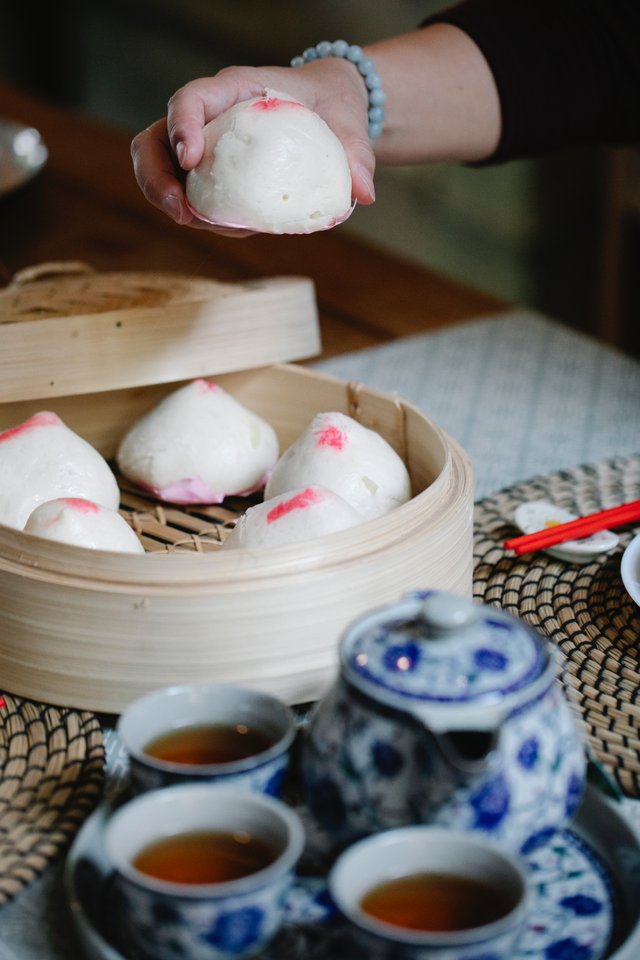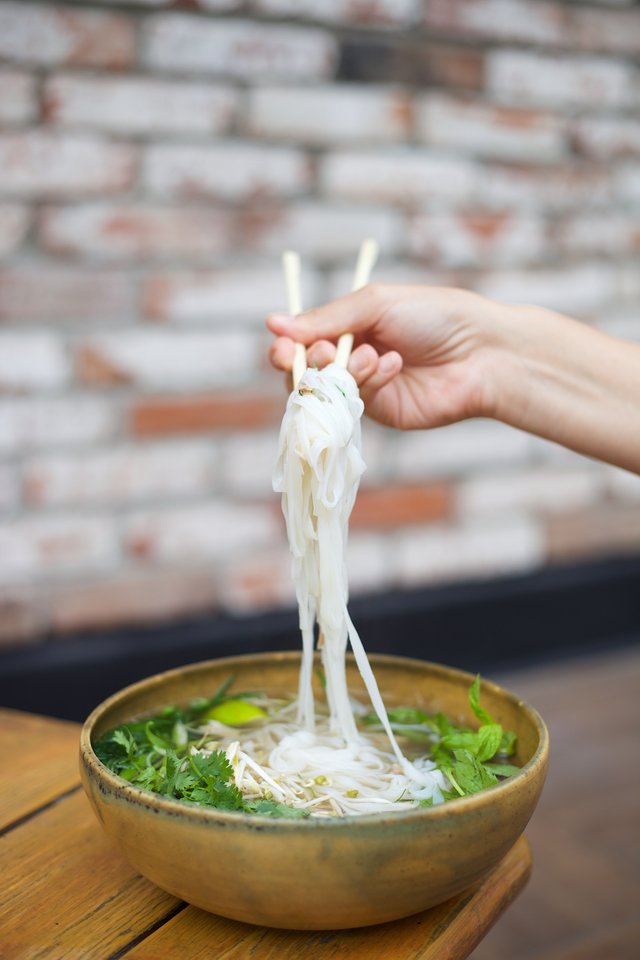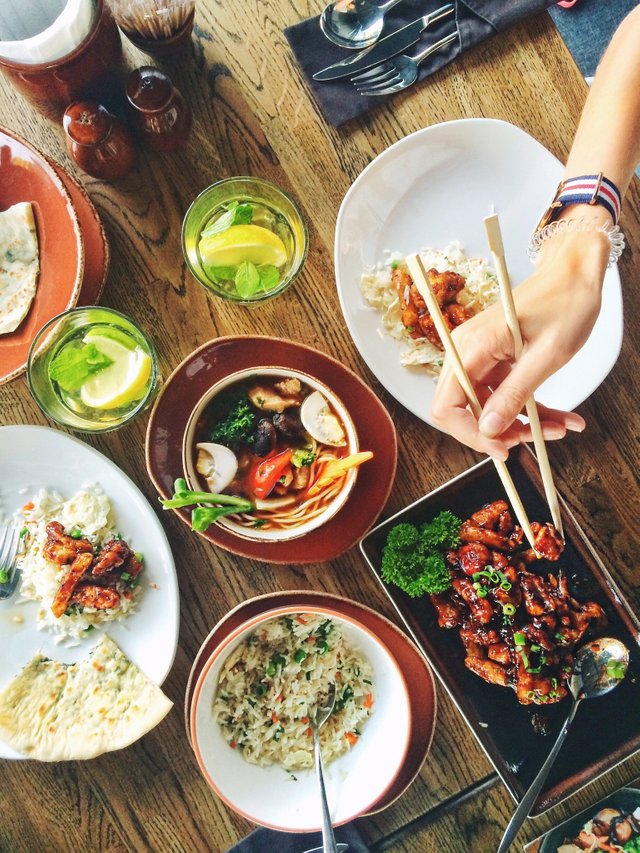Intriguing Food Traditions and Customs Across Asia
Food things and their utilization across the globe convey with them a fundamental significance, practically like a secret rationale, that is clear and consecrated uniquely to local people. Each nation has a food culture that comes to fruition around its traditions and celebrations. There are delights that are made uniquely during specific exceptional events and considered extremely propitious. Such is the scope and nature of food customs that are significant of commending the abundance of nature and obviously, great food. In this piece we set off to investigate probably the most intriguing food customs and customs with regards to Asia.
Interesting Food Traditions
Food is a lifestyle. When tied with religion and social convictions, it obtains a totally new character. Fixings and customary arrangements are frequently connected with bringing best of luck, fortune and amicability to the family. From the manner in which a specific dish is ready, to the manner in which it is plated, situated on the table and consumed - all bear importance in societies all over the planet.

- JAPAN
The nation praises a couple of celebrations that rotate widely around food. One of them would positively incorporate the reap moon celebration or the harvest time full-moon seeing celebration. Everything without question revolves around praising the fall reap as well as the magnificence of the moon. During this time, rice dumplings (tsukimi dango) are ready in the families, which are formed to look like the moon, alongside different arrangements that are proposed to the moon. Tsukimi parties are held in houses from where the splendor of the full moon should be visible plainly. The region is beautified with pampass grass and individuals consume rice dumplings alongside different delights made of occasional produce like edamame, yams, chestnuts and pumpkins.

- INDIA
Fish is by all accounts quite possibly the most well-known food things across culture. From China, where it is accepted to bring best of luck, to India, where the Bengalis just apparently can't have enough of it. Bengalis make a ceaseless gastronomic issue with an assortment of fish cooked in countless ways. Curiously, the social meaning of fish among the Bengali people group can without much of a stretch be found in their conventional wedding services. Gaey Holud, prominently known as the haldi function, is tied in with putting turmeric glue on the collections of the lady of the hour and the husband to be as one of the numerous pre-wedding services. The man of the hour's family convey the turmeric glue, lady's wedding garments, jewelleries and different gifts alongside fish dressed as a wedding couple. These are then given to the lady of the hour's family and are viewed as favorable for the couple.

- CHINA
The Chinese New Year isn't just a festival of good food however of customs and merriments that are accepted to guarantee best of luck and flourishing in the year to come. The Chinese give inclination to cooking with things that sound like the words 'best of luck', 'abundance', 'thriving, etc. For instance the Chinese way to express 'fish' is much the same as the Chinese way to express 'excess', comparatively, pear isn't liked to cook with as in Chinese it sounds like the Chinese way to express the word 'division'.

Aside from these, there are different religions that chase after customs food and notice severe dietary inclinations. For instance, Jainism engenders severe adherence to peacefulness (ahimsa), hence they guarantee that they consume things that include insignificant or no damage to creatures and miniature organic entities. Vegetables that develop underground are totally stayed away from as the demonstration of removing them brings about hurting numerous little bugs and life forms.
Thank you for participating